Coronavirus Updates
What is the Right Way to Wash Hands?
3 min read
By Centers for Disease Control and Prevention (CDC), Published on Apollo 24/7 on - 29 April 2020, Updated on - 18 February 2023
Share this article
0
6 likes
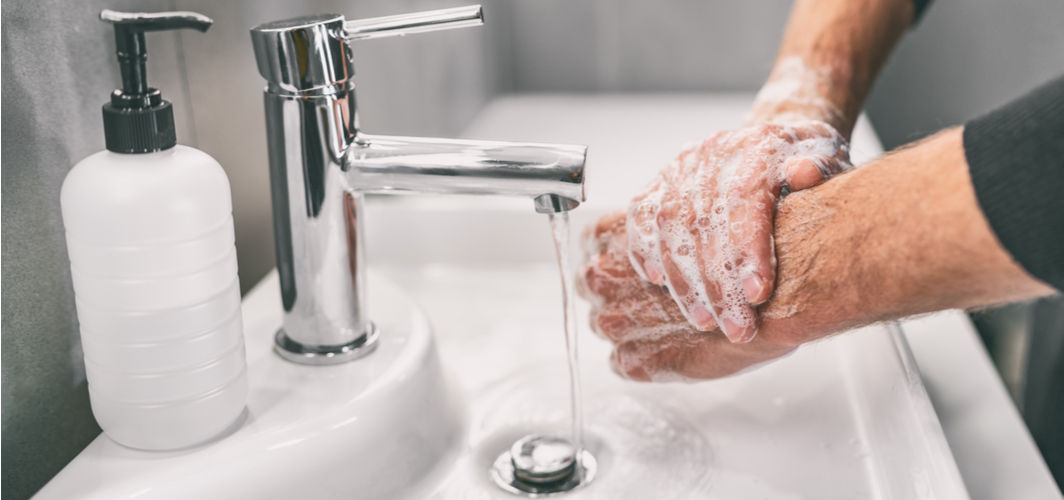
Frequent washing of hands helps in preventing the spread of the Coronavirus and various other diseases. However, some of us may not be aware of the right way of washing hands, as recommended by experts. The Centers for Disease Control and Prevention (CDC) has briefly explained when and how to wash your hands, in the article below.
Washing hands can keep you healthy and prevent the spread of respiratory and diarrheal infections from one person to the next. Germs can spread from other people or surfaces when you:
- Touch your eyes, nose, and mouth with unwashed hands
- Prepare or eat food and drinks with unwashed hands
- Touch a contaminated surface or objects
- Blow your nose, cough, or sneeze into hands and then touch other people’s hands or common objects.
The right way to wash your hands
Washing your hands is easy, and it’s one of the most effective ways to prevent the spread of germs. Clean hands can stop germs from spreading from one person to another and throughout an entire community—from your home and workplace to childcare facilities and hospitals.
Follow these five steps every time:
- Wet your hands with clean, running water (warm or cold), turn off the tap, and apply soap
- Lather your hands by rubbing them together with the soap. Lather the backs of your hands, between your fingers, and under your nails
- Scrub your hands for at least 20 seconds. Need a timer? Hum the “Happy Birthday” song from beginning to end twice
- Rinse your hands well under clean, running water
- Dry your hands using a clean towel or air dry them.
When should you wash your hands?
You can help yourself and your loved ones stay healthy by washing your hands often, especially during these key times when you are likely to get and spread germs:
- Before, during, and after preparing food
- Before eating food
- Before and after caring for someone at home who is sick with vomiting or diarrhoea
- Before and after treating a cut or wound
- After using the toilet
- After changing diapers or cleaning up a child who has used the toilet
- After blowing your nose, coughing, or sneezing
- After touching an animal, animal feed, or animal waste
- After handling pet food or pet treats
- After touching garbage.
During the COVID-19 pandemic, you should also clean hands:
- After you have been in a public place and touched an item or surface that may be frequently touched by other people, such as door handles, tables, gas pumps, shopping carts, or electronic cashier registers/screens, etc.
- Before touching your eyes, nose, or mouth because that’s how germs enter our bodies.
Coronavirus Updates
Leave Comment
Recommended for you
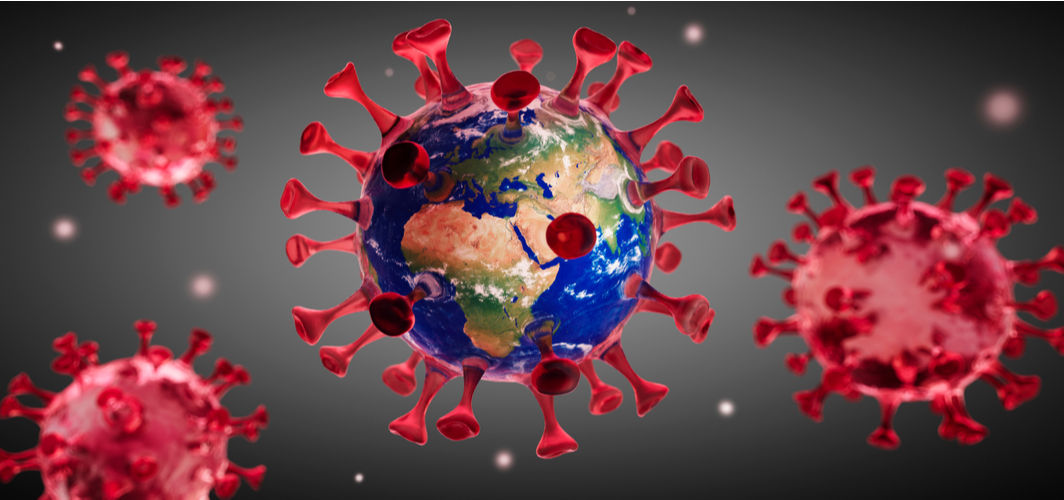
Coronavirus Updates
COVID-19: Do We Know Enough or Is There More to Learn?
The COVID-19 pandemic has created an alarming amount of news and information. At the same time, a great deal has been learnt about COVID-19.
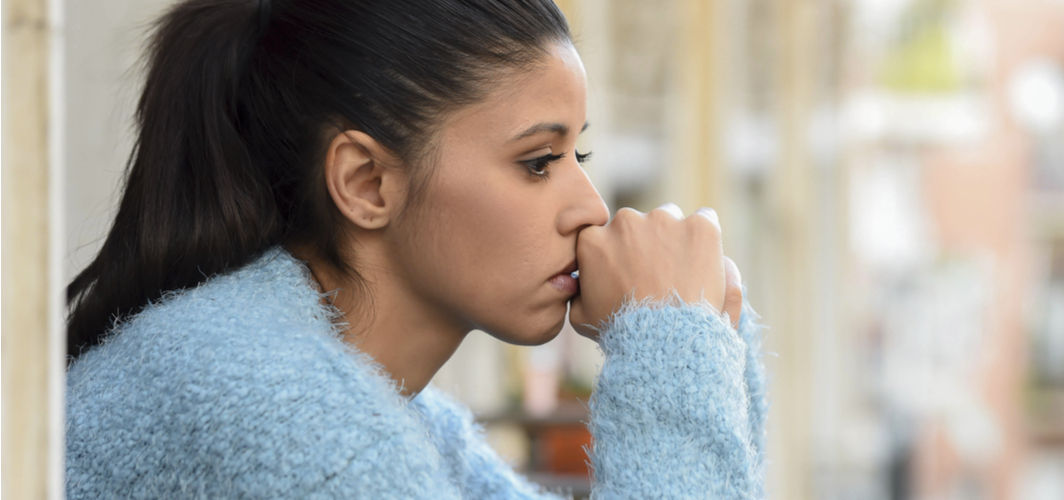
Coronavirus Updates
World Thyroid Day 2021: The link between thyroid disease and COVID-19
Some studies indicate that people with thyroid disease may be at increased risk of severe COVID-19 outcomes. However, more research is needed to establish this.
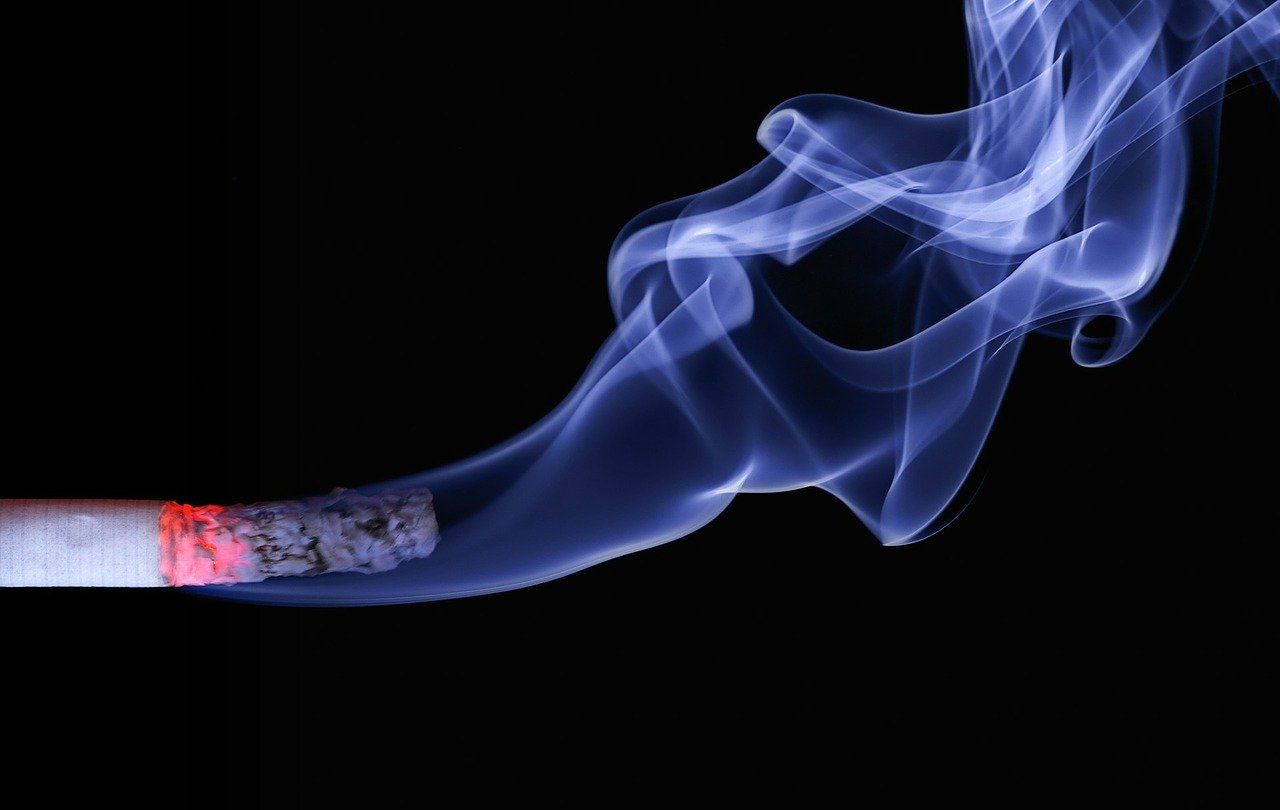
Coronavirus Updates
Does Smoking Increase the Risk of COVID-19?
Smoking damages our immune system, lung function, and reduces our lung capacity. This puts people who smoke at a higher risk for severe illness due to COVID–19.
Subscribe
Sign up for our free Health Library Daily Newsletter
Get doctor-approved health tips, news, and more.
Visual Stories
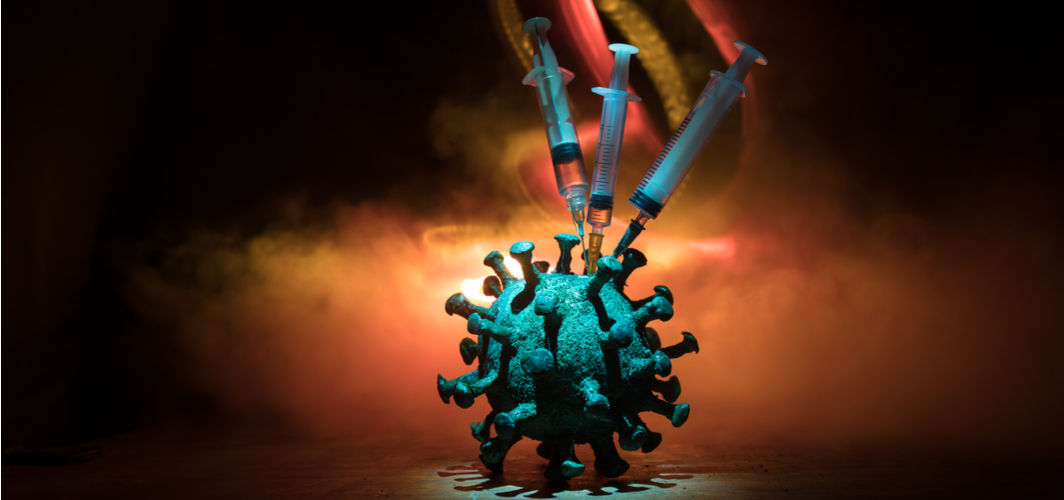
COVID-19: The situation on ground [6th July 2021]
Tap to continue exploring
Recommended for you

Coronavirus Updates
COVID-19: Do We Know Enough or Is There More to Learn?
The COVID-19 pandemic has created an alarming amount of news and information. At the same time, a great deal has been learnt about COVID-19.

Coronavirus Updates
World Thyroid Day 2021: The link between thyroid disease and COVID-19
Some studies indicate that people with thyroid disease may be at increased risk of severe COVID-19 outcomes. However, more research is needed to establish this.

Coronavirus Updates
Does Smoking Increase the Risk of COVID-19?
Smoking damages our immune system, lung function, and reduces our lung capacity. This puts people who smoke at a higher risk for severe illness due to COVID–19.